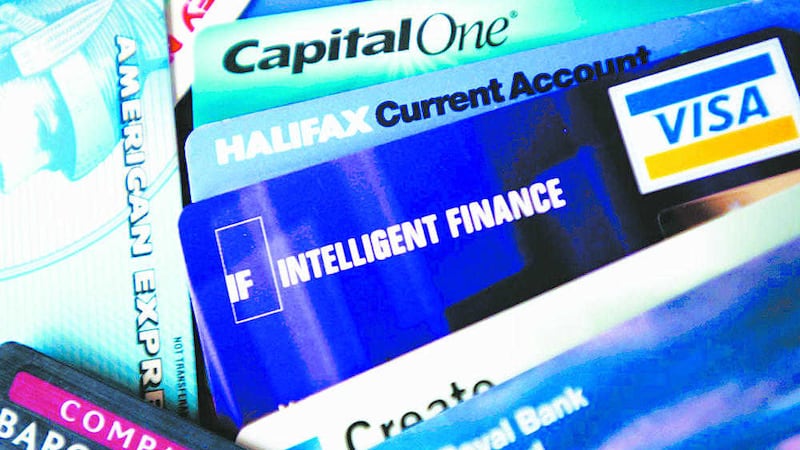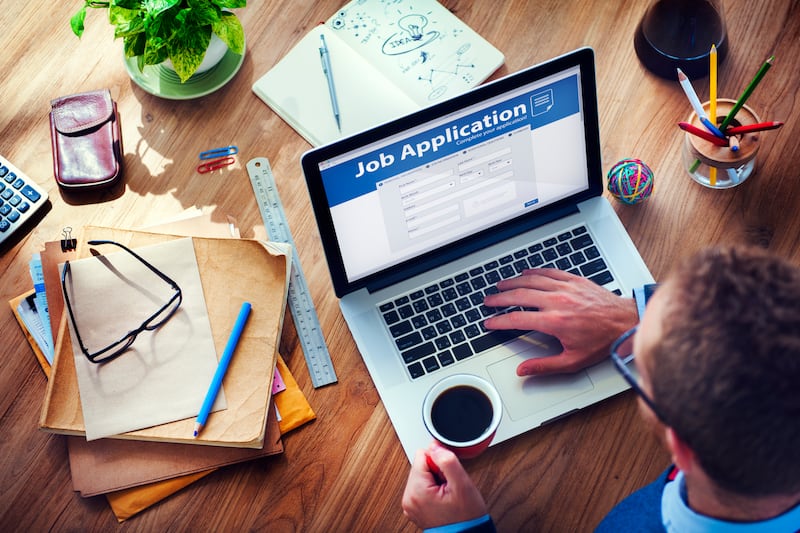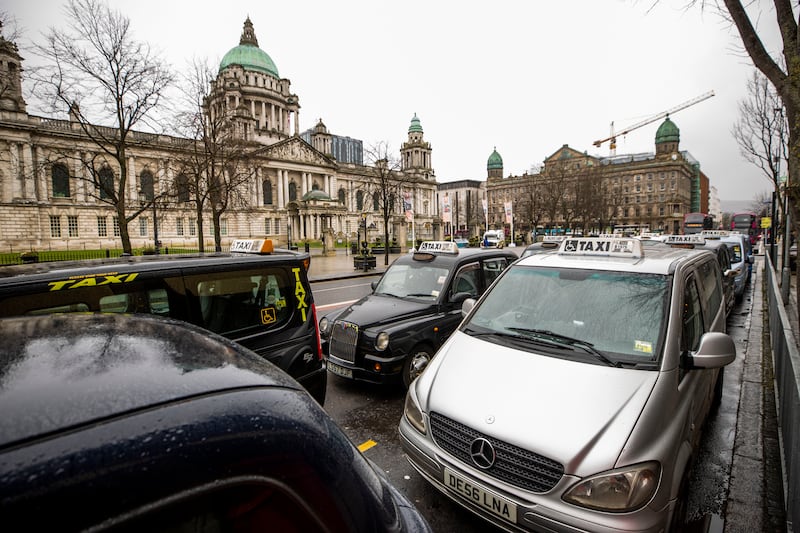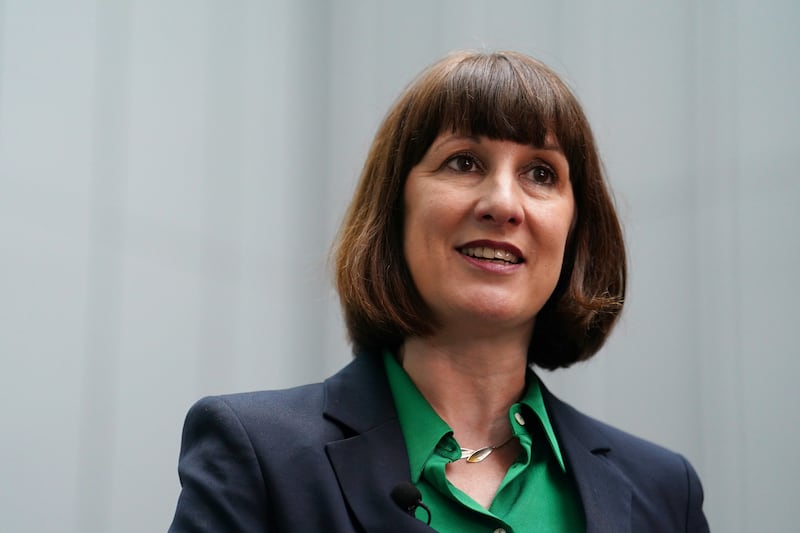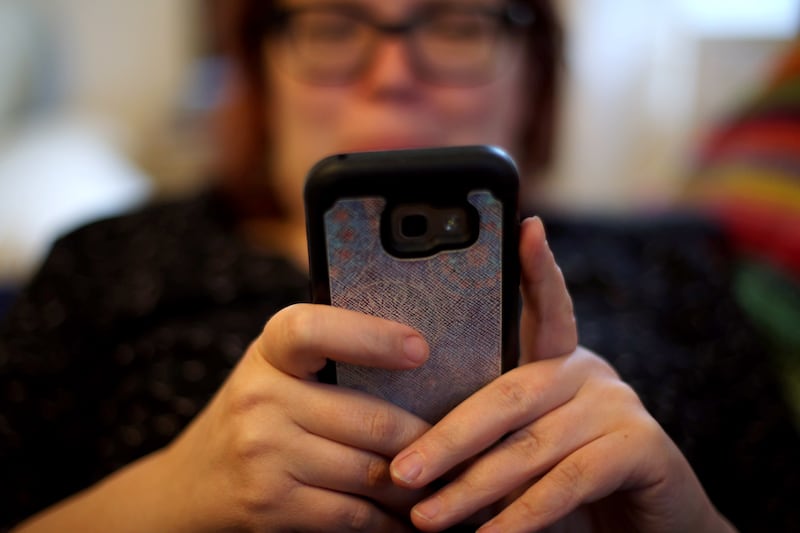QUESTION: I plan to make my July tax payment on account for my income tax bill by credit card. Are there any problems with that?
Answer: No, but there are a few things you need to be aware of. As it is for your income tax/self-assessment, make sure you use your 10-digit Unique Taxpayer Reference followed by the letter ‘K’ as your payment reference.
There’s also a fee if you pay HMRC by credit card that isn’t refundable. This applies whatever the tax is that you're paying. HMRC have changed the fees for using a credit card from April 1 2016. These replace the former 1.5 per cent fee.
The new rates vary depending on the type of card used and whether the card is a personal or corporate card. The fees for paying using personal credit cards have been reduced and the rates for corporate credit cards have increased.
The deadlines for paying your tax bill are:
• January 31 - for any tax you owe for the previous tax year (known as a balancing payment) and your first payment on account; and
• July 31 - for your second payment on account.
If you prefer to pay regularly throughout the year, you can use a budget payment plan.
There are a number of ways to pay your tax bill but it is very important to make sure you pay HM Revenue and Customs (HMRC) by the deadline. You’ll be charged interest and may have to pay a penalty if your payment is late.
The time you need to allow depends on how you pay.
Same or next day:
• online or telephone banking (Faster Payments);
• CHAPS;
• by debit or credit card online;
• at your bank or building society;
• at the Post Office.
You need a paying-in slip from HMRC to pay at a bank, building society or Post Office.
Three working days:
• Bacs;
• Direct Debit (if you’ve set one up with HMRC before);
• by cheque through the post.
Five working days:
• Direct Debit (if you haven’t set one up with HMRC before).
If the deadline falls on a weekend or bank holiday, make sure your payment reaches HMRC on the last working day before (unless you’re paying by Faster Payments or by debit or credit card).
HMRC no longer uses BillPay. You’ll be directed to a new service to pay your tax online and you will have to use your 10-digit Unique Taxpayer Reference (UTR) followed by the letter ‘K’ as your payment reference.
You’ll find it either:
• in your HMRC online account;
• on your paying-in slip, if you get paper statements.
HMRC will accept your payment on the date you make it, not the date it reaches their account - including on bank holidays and weekends.
From January 1 2016, HMRC will limit the number of times you can use a credit or debit card within a certain time to pay your tax. There isn’t a set limit - it depends on HMRC’s view of what’s reasonable based on payment card industry standards and guidance.
The rules apply to multiple card payments against the same tax - you can only make extra card payments if each one’s for a different tax, eg Corporation Tax and employers’ PAYE. If you’re unable to pay your Self-Assessment tax bill in full by card, you should use another payment method like a bank transfer.
:: Feargal McCormack (f.mccormack@pkffpm.com) is managing partner of PKF-FPM (www.pkffpm. com)
